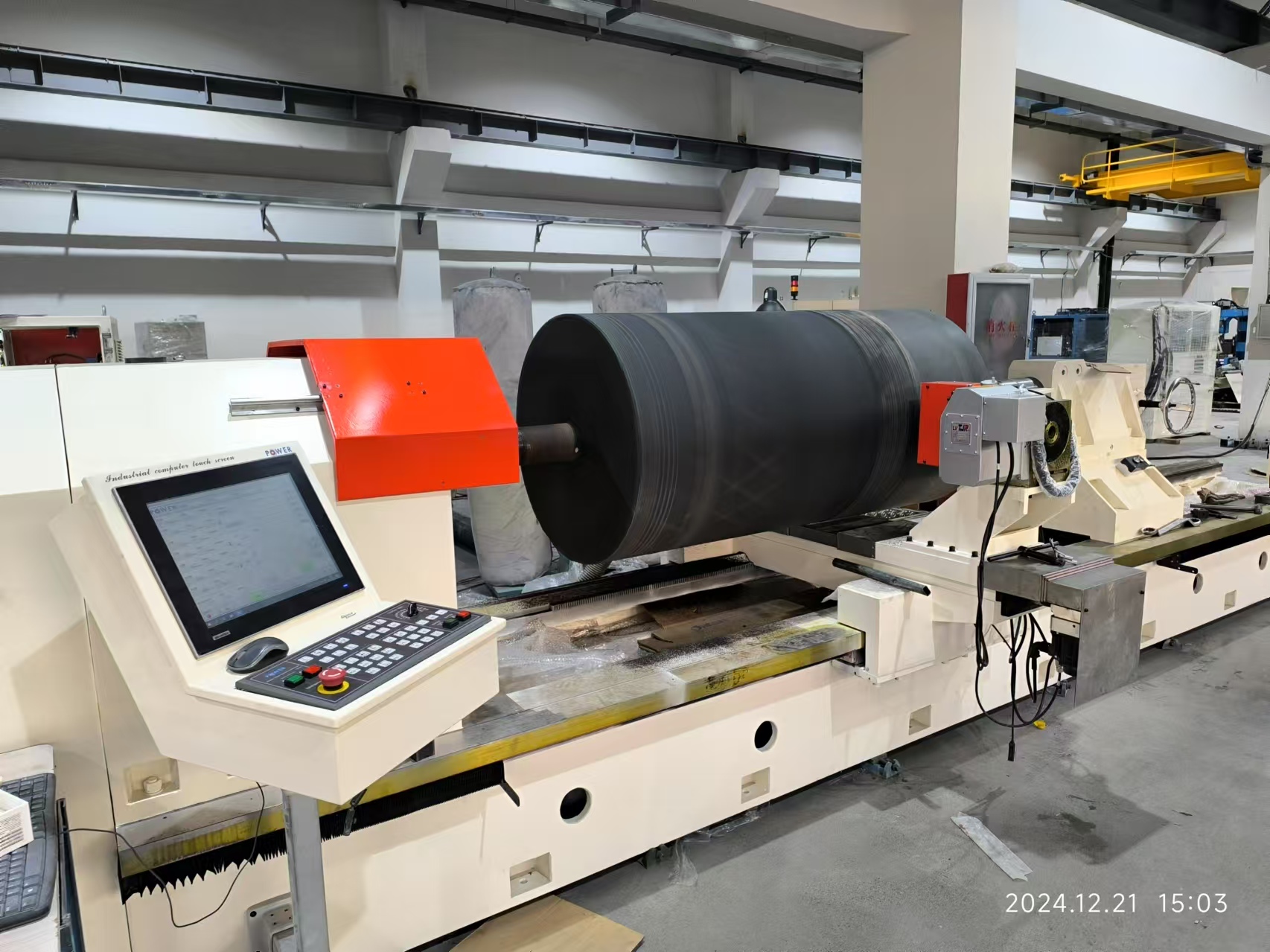In the fields of manufacturing and precision engineering, grinding machine acceptance is a critical process to ensure equipment quality and performance. This is especially true for specialized machines such as the PSM-CNC series, which evolved from the basic PSM series of general-purpose grinders. As the demand for high-quality grinding machines continues to increase, especially in China, understanding the nuances of the acceptance testing and delivery process is critical for both manufacturers and end-users.
The importance of roughness testing machine
Roughness testing machines play a key role in grinder acceptance. These devices measure the surface finish of machined parts to ensure they meet required specifications. In industries where precision is critical, such as aerospace, automotive and manufacturing, surface roughness can significantly impact product performance and longevity.
In China, the grinding equipment market is developing rapidly, and manufacturers are increasingly investing in advanced roughness testing machines. These machines not only provide accurate measurements but also help optimize the grinding process. By ensuring that part surface roughness is within acceptable limits, manufacturers can improve product quality and reduce the likelihood of defects.
The role of cylindrical grinder manufacturers
Cylindrical grinders are essential for producing parts with precise diameters and surface finishes. The manufacturers of these machines play a vital role in the acceptance process as they must ensure that their products meet strict quality standards. For example, the PSM-CNC series uses specialized CNC software for rolling processing, allowing a variety of contours to be achieved.
Chinese cylindrical grinder manufacturers are at the forefront of innovation, developing machines with advanced technologies such as CNC (computer numerical control) systems. These systems are capable of producing complex geometries including parabolic crowns, concaves and various groove shapes. Acceptance of these machines requires rigorous testing to confirm that they can consistently produce the required contours with high accuracy.
Acceptance and Delivery of Rubber Roller Grinder
The acceptance and delivery process of a rubber roller grinder is a critical stage in the grinder’s life cycle. Rubber rollers are widely used in various industries such as printing, packaging and textiles. The PSM-CNC series is particularly suitable for processing rubber rollers due to its versatility and precision.
During the acceptance phase, manufacturers must conduct thorough inspections and tests to ensure that the rubber roller grinder meets specified requirements. This includes evaluating the machine’s ability to produce the required surface finish and profile, as well as its overall performance and reliability.
Once acceptance testing is completed, the delivery process begins. This stage involves careful logistics planning to ensure that the machine is transported safely and efficiently to its final destination. Grinding equipment is in high demand in China, and manufacturers must be adept at managing the complexities of delivery to meet customer expectations.
PSM-CNC Series: A closer look
The PSM-CNC series represents a major advance in grinding technology. By modifying the drive type and control system of the original PSM series, this new series of machines has enhanced roll processing capabilities. The CNC system is equipped with specialized digital control software that can create a wide variety of roll profiles.
Some of the profiles that the PSM-CNC series can implement include:
- Parabolic Crown and Concave: Ideal for applications requiring specific load distribution.
- Cosine Crown and Recess: Provides excellent performance in high speed applications.
- round and tapered profiles: essential for various industrial applications.
- Coarse Spacing and Herringbone Patterns: Commonly used in the printing and textile industries.
- Diamond and Straight Grooves: Important for enhancing grip and performance in a variety of applications.
The versatility of the PSM-CNC series makes it a valuable asset for manufacturers looking to improve their grinding processes and product quality.
in conclusion
Acceptance of grinding machines, especially of the PSM-CNC series, is a multifaceted process involving rigorous testing, quality assurance and efficient delivery. As the demand for high-quality grinding machines continues to grow, especially in China, manufacturers must prioritize the acceptance process to ensure that their machines meet the highest performance and reliability standards.
By investing in advanced technologies such as roughness testing machines and CNC systems, cylindrical grinder manufacturers can enhance their product offerings and meet the changing needs of their customers. The acceptance and delivery of rubber roller grinders in particular highlights the importance of precision and quality in the manufacturing process, ultimately contributing to the success of industries that rely on these vital machines.
Post time: Dec-31-2024







